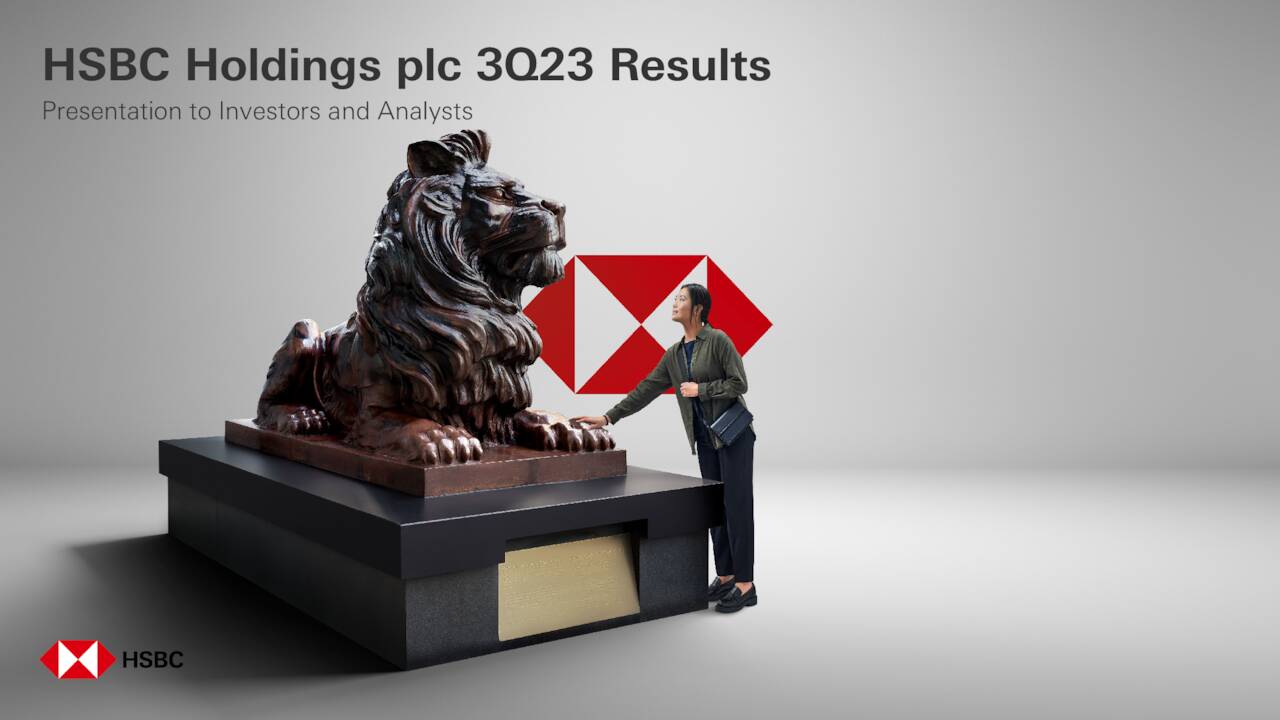
On Thursday, May 9, 2024, RBC Capital updated its rating on NYSE:HSBC to “Sector Perform” and maintained a “hold” action, reflecting a nuanced view of the bank’s future market performance. This decision came alongside an adjustment in the price target for HSBC from 725 GBp to 750 GBp, as reported by TheFly. This adjustment suggests that RBC Capital sees potential for HSBC’s stock price to increase, albeit modestly, in the near future. The timing of this update is particularly noteworthy, given HSBC’s stock price at the moment of the announcement was $43.515, indicating that RBC Capital’s assessment might be influenced by recent developments within the bank and its financial outlook.
HSBC’s Chairman, Mark Tucker, has been vocal about the bank’s resilience and its strategy to navigate through the complexities of an uncertain global economic landscape. Tucker’s confidence in HSBC’s ability to maintain strong dividend payments is a significant factor that likely contributes to RBC Capital’s updated assessment. In 2023, HSBC returned a substantial $19 billion to its shareholders through dividends and share buybacks, demonstrating its commitment to shareholder returns. The plan to distribute a further $8.8 billion in 2024, aiming for a dividend payout ratio of 50%, underscores the bank’s robust financial health and its optimistic outlook on its ability to generate profit and reward its investors.
The backdrop to HSBC’s promising dividend outlook is its recent financial performance, which has been buoyed by the rising central bank interest rates. These higher rates have enhanced HSBC’s lending income, directly impacting its profitability in a positive manner. This financial upturn is critical for understanding RBC Capital’s stance, as it indicates a solid foundation for HSBC’s future growth and stability. The bank’s strategic positioning to benefit from these economic shifts, coupled with its proactive financial planning, aligns with RBC Capital’s revised price target and rating.
Moreover, HSBC’s anticipation of rate cuts from major central banks, including the European Central Bank and the Bank of England, by the end of 2025, plays into its strategic financial planning. The expected decrease in global inflation to 5.8% in 2024 and further to 3.8% in 2025, as forecasted by HSBC economists, suggests a stabilizing economic environment that could favor the bank’s operations and financial performance. These projections are crucial for investors and analysts alike, as they provide a glimpse into the bank’s expectations for the economic landscape and its potential impact on HSBC’s profitability.
The current market performance of HSBC, with a stock price of $43.485 and a slight decrease of $0.365, or approximately 0.83%, reflects the immediate market reaction to various factors, including RBC Capital’s rating update. The stock’s fluctuation between $43.4 and $43.635 on the day, alongside its performance over the past year, showcases the volatility and the challenges faced by HSBC in a fluctuating market. However, with a market capitalization of about $163.76 billion and a trading volume of 1,356,917 shares on the NYSE, HSBC remains a significant player in the banking sector, poised to navigate through the complexities of the global economic climate with strategic foresight and financial resilience.

